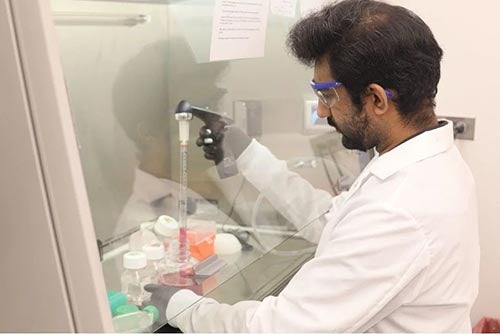Early diagnosis is crucial in disease prevention and treatment. Many diseases can be identified not just through physical signs and symptoms but also through changes at the cellular and molecular levels.
Continue reading "Using nanotech as a way of differentiating cells from one another"
